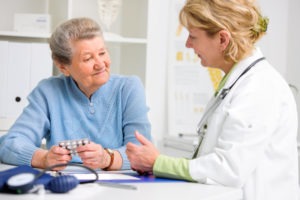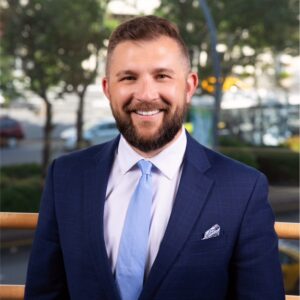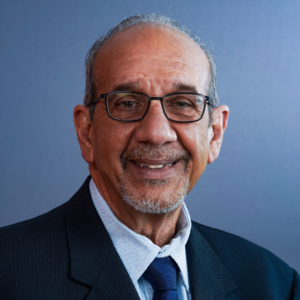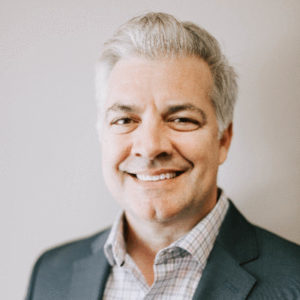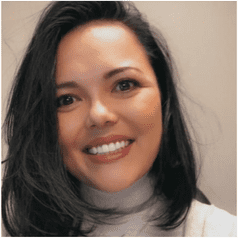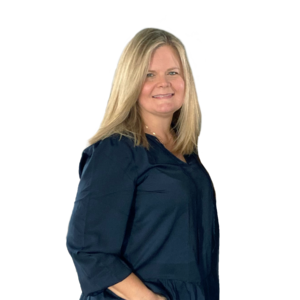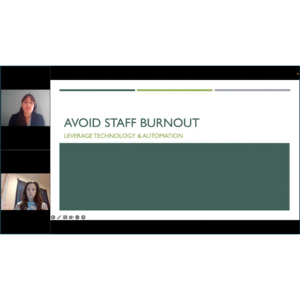Dish up some family history this holiday
This holiday, steer the conversation from religion and politics to something less controversial: family history.
For all the research on the genetics, Charis Eng, head of the Genomic Medicine Institute at the Cleveland Clinic, says the best way to identify personal risk factors for diseases is genealogy. That’s because researchers haven’t discovered what variations mean for the majority of the 30,000 genes in the human body.
“No one should just come and say, 'Look at my whole genome,’" says Eng to the Kent, Ohio, NPR affiliate, WKSU. "That day is not here [until] every single variant has a meaning.”
But if genetic testing is needed, family history can help interpret the results.
“The family history is very important because often you take the variance in the genes and layer the family history on top,” says Eng, a medical doctor trained in genetic testing.
A tool on the government’s My Family Health Portrait website is designed to help people record and organize their family health information as well as share it with family members and healthcare professionals.
The Conversation Project and Eldercare Locater’s Home for the Holidays campaign is encouraging families to discuss end-of-life issues during the holidays, too.
If you need a lighter dish to serve, consider participating in The Great Thanksgiving Listen. StoryCorps is asking high school students to interview a senior this Thanksgiving weekend using the new mobile app. Particiapnts can upload their recordings to the StroyCorps archive at the American Folklife Center at the Library of Congress.
Listen to an interview between a grandfather and granddaughter here.

Nicole was Senior Editor at I Advance Senior Care and Long Term Living Magazine 2015-2017. She has a Journalism degree from Kent State University and is finalizing a master’s degree in Information Architecture and Management. She has extensive studies in the digital user experience and in branding online media. She has worked as an editor and writer for various B2B publications, including Business Finance.
Related Articles
Topics: Clinical , Technology & IT


